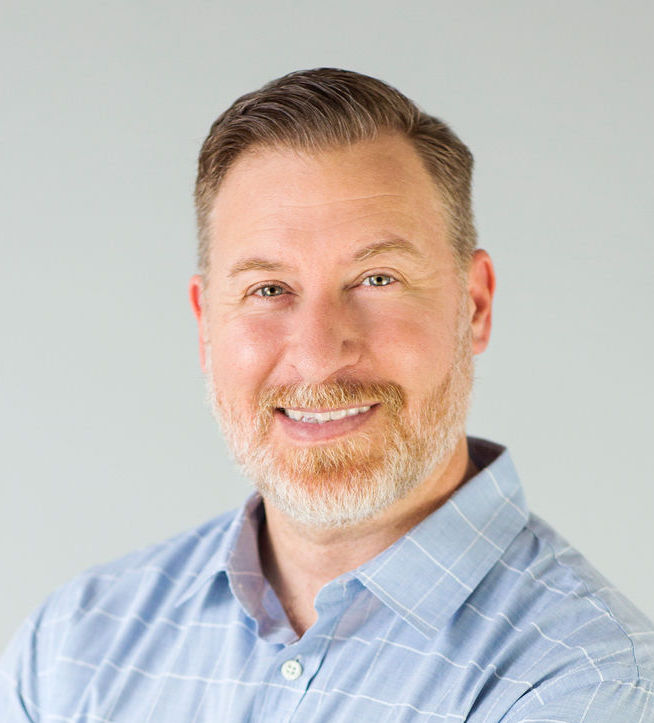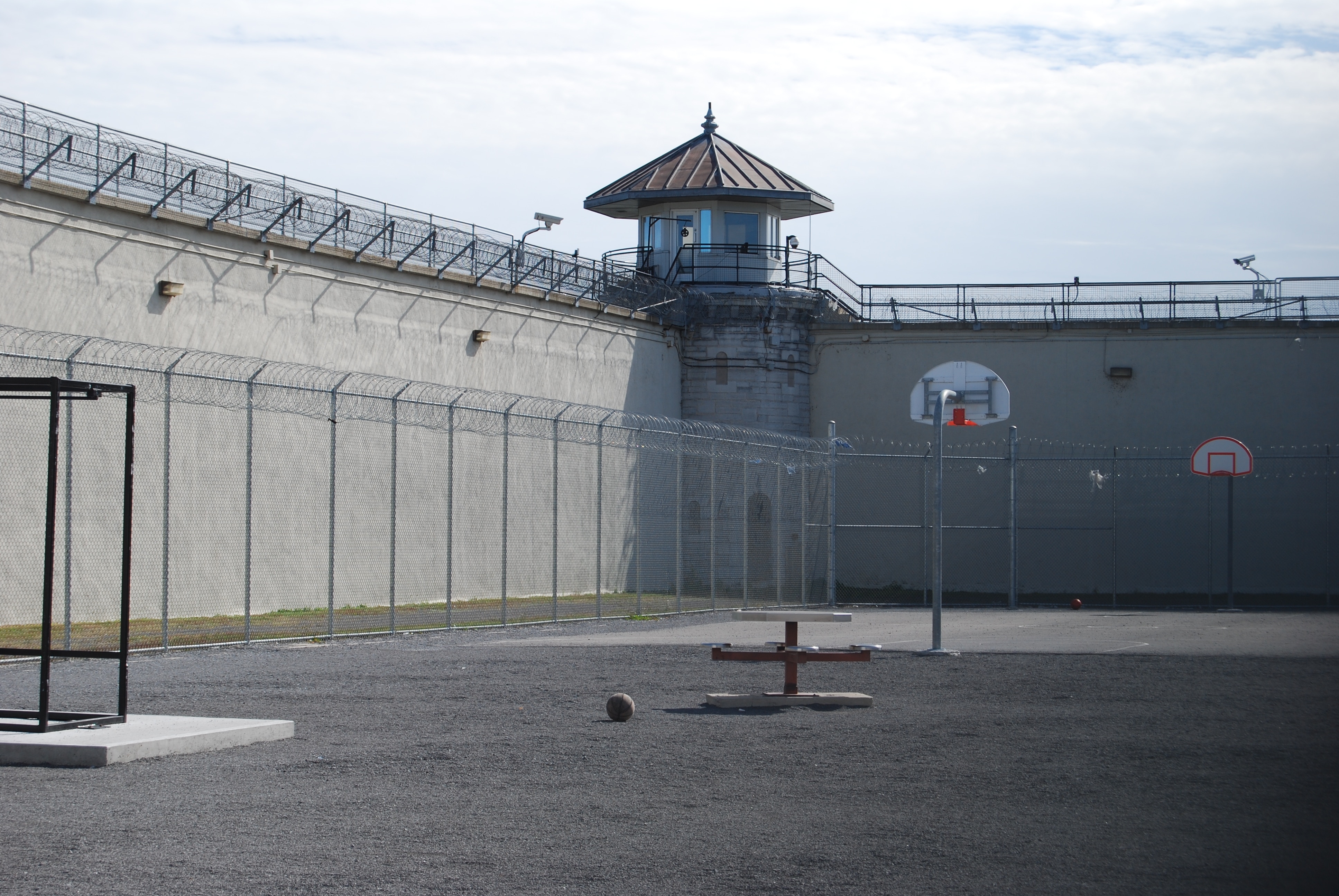It was my first real job. Assistant State Attorney in Broward County, Florida. I didn’t know any better. Law school didn’t teach justice. It touched on notions of justice. But you can only understand the illusion of justice when you see how ineffective the system is from the inside.
Don’t get me wrong. I loved my first job. I loved the possibility of doing good in the world. It just wasn’t as possible as I thought.
“Injustice anywhere is a threat to justice everywhere.” — Martin Luther King, Jr.
Understanding Pride
My father was so proud of me when I got that first job. He was an attorney who admittedly shat his pants if he had to go to court. I spent at least 4 hours a day in court and many days, 8 hours.
I was proud of myself. When a jury convicted someone that I was prosecuting, I felt pride. Like I had done something good in the world. Many times I had. But that’s not why he was proud of me.
He wasn’t proud of me because of the little bit of power I had. He was proud of me for working my ass off. He was proud of me for standing in front of strangers every day and advocating. He was proud of me for doing something he couldn’t do. He wasn’t proud of the results. He was just proud of me. That’s pride.
And I misplaced my own pride at my first job. Because I was thinking about winning and not about the entire system and my role in it.
Wins and Losses
I fell prey. I celebrated “wins.” I agonized over “losses.” But there are never winners and losers in court. There are only losses. Because the system is flawed.
When true justice prevailed, it was still about loss. When I won a trial for the State of Florida and the judge sent a kidnapper and rapist to prison (he had seven prior sexual assault convictions in another state) for 45 years, it didn’t erase the act.
It was justice. But no one won.
The victim suffered seven years before. The victim suffered when she had to testify at the first trial. The victim suffered when the case was overturned on appeal and sent back for a retrial. The victim suffered when I had to ask her to take the stand again.
The defendant had no family present at the trial. I had no remorse for him. I actually taunted him during the trial because he was so smug. But he had a family somewhere. That family suffered a loss. Even if their loss really happened long ago.
I still feel good about winning the trial, but I was just doing my job.
His release date is in 2038. He will die before that. But that’s still not a win. A win would have been for it never to have happened in the first place.
Evidence or the Lack Thereof
My “success” was determined each day by the evidence I had at my disposal. For some trials, I had a ton — fingerprints, DNA, weapons, drugs, video, a confession, eyewitnesses. For others, I had little to none— circumstantial indications of the alleged crime.
My job was the same either way. And it wasn’t to send someone to prison at all costs. It was justice. But justice is a byproduct of evidence, luck, judicial involvement and skill. And sometimes prejudice.

When your perceived job is to send “bad people” to prison, it’s easy to get subsumed by the power. It’s easy to start thinking everyone that shows up in court is somehow “bad” or guilty. It’s easy to get confused about the right decision and the judicially appropriate one. It’s easy to forget that every person has inalienable rights.
But the moment we forget that, we are lost. Lost inside a system that perpetuates a quick return. That exacts its punishment in an unequal way, filling our prisons with drug offenses and people of color.
For a time, I got lost. But only for a moment. The buzz wore off and more and more I saw the bigger picture. And it wasn’t easy to look at. Some days, it wasn’t easy to look at myself in the mirror. A cog in the machine of justice, a woke one, but a cog nonetheless.
Imprisonment
To play a role in imprisoning someone is quite sobering. I played a role in sending some terrible human beings to prison. I felt no remorse. Sometimes I felt like prison wasn’t enough. The evidence was clear. I was relentless in my pursuit of justice for the victims.
I spent almost a year in a unit that prosecuted only felony Child Abuse and Sexual Battery cases. When I lost a trial in this unit, I felt like I had failed the world. Failed the family. Failed the victim. Failed myself.
But those were not all the cases.
There were times when I hoped the jury would find the defendant not guilty. Circumstances beyond my control had made the trial a must. Supervisors wouldn’t let me drop a case. I was trapped in governmental bureaucracy.
“Peace and justice are two sides of the same coin.”
— Dwight D. Eisenhower
I sent fathers to prison. I sent mothers to prison. Some belonged there. Some didn’t. Some had to be there anyway.
Then I went home to my children.
I was a cog. It was sobering. I felt remorse. Not because some of them didn’t deserve it. But because their life took so many turns before they saw me sitting across from them. And one different step might have changed everything.
But there I was, waiting for them. Waiting to send them to prison. And maybe they deserved to go there. Maybe it wasn’t my fight to fight about how they got to this stage in their lives. But I was still the one holding a lot of cards for their future. And I never stopped to think how that must have felt.
Changing Sides
After more than six years as a prosecutor, I quit.
Like many former prosecutors, I put out my own shingle and opened my own criminal defense practice. I wanted to see what it felt like on the other side. And it’s all I knew in law.
I felt like a crusader for justice. When you change sides, nothing really changes. The goal is always justice, but your obligations as a defense attorney are different. It’s not win at all costs, but it’s holding the State to their burden. And not relenting on that, no matter what your client may or may not have done.
DUI clients were easy to defend. Any of us could have been there at some point in our lives. But then more serious cases came in. Because my specialities as a prosecutor were the most serious cases.
When you go to visit a client in jail, you understand freedom.
You are scared. Sometimes of your own client. Sometimes of the surroundings. Sometimes because of what you are doing.
The first serious case I took as a defense attorney led to an unexpected reaction. My friend, who was prosecuting the case against my client, asked me, “How could you defend him?”
The case was entirely circumstantial. Very questionable based on the lack of evidence and contradictions. But nevertheless, the allegations were grotesque.
“We educated, privileged lawyers have a professional and moral duty to represent the underrepresented in our society, to ensure that justice exists for all, both legal and economic justice.”
— Sonia Sotomayor
I still tell myself the same thing I told myself then. My job was to defend my client against the evidence. The rest was out of my hands. If the prosecution couldn’t convict him or her, it wasn’t on me.
Maybe this is just what helped me to sleep at night. Maybe it is completely valid. Either way, I understood my colleague’s disdain, but only to a certain point. If you believe in justice, you believe in justice. There aren’t really asterisks.
The best defense makes it more likely that the verdict is final. The only thing a bad defense creates is appealable issues. And a guaranteed retrial. And that’s just more pressure on a system that already doesn’t work the way it should.
Saying Goodbye to Justice
After less than two years in defense practice, I grew tired of the ethical debate. I was tired of bringing home crime, in any form, to my family. I quit law altogether. And I haven’t been back. That was more than ten years ago.
I miss the camaraderie. I miss the skill of creating an argument. But I don’t miss being a part of imprisonment. I don’t miss the daily torrent of crime. I don’t miss (the miscarriage of) justice.
Because justice is elusive. It’s never a straight line. It’s never as easy as everyone thinks.
“Justice cannot be for one side alone, but must be for both.”
— Eleanor Roosevelt
When I realized that this was impossible, I knew I didn’t want to play a role in the system any longer. I didn’t want to be that cog in the machine.
I am neither proud nor shameful of my years as an attorney. It just was. I did my job. And many were affected because of it. For better and for worse.
What I Learned
I learned that sending someone to live inside of a tiny cell for the rest of their life doesn’t feel good, no matter the crime. I learned that although we like to think it could never be us on the other side, there are plenty of ways that it could be or could have been. Because the prelude to the system isn’t always correct.
I learned that I was never more than that cog. I probably thought I was when I was “locking people up.” Because I sipped from the power fountain one time too many. But I wasn’t anyone. I was nothing special. I was just helping the system go round and round.
What I learned is that justice is fleeting and disproportionate. And that’s why I left.


